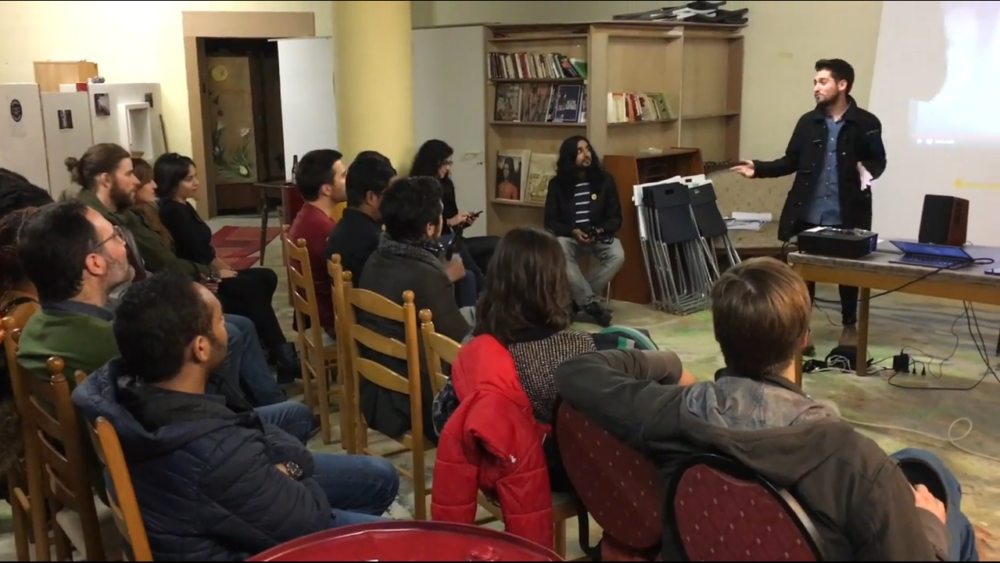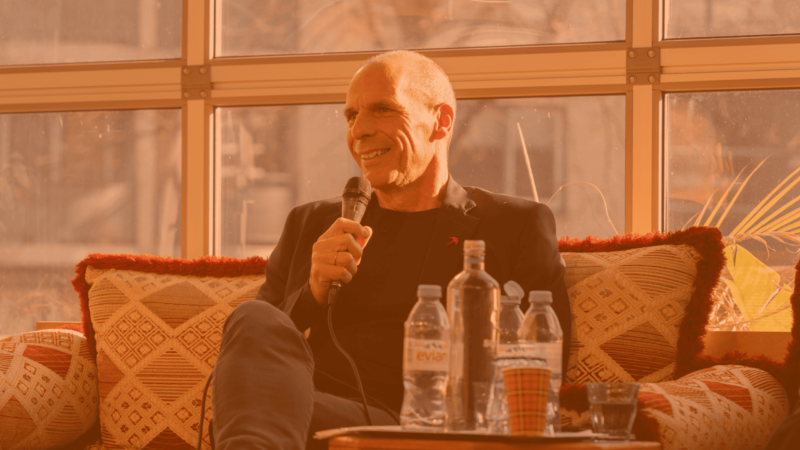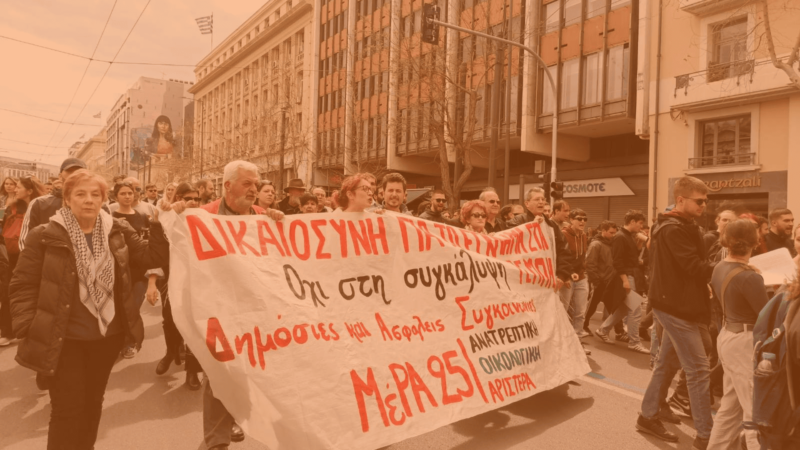The poet Fernando Pessoa taught us that no stupid idea can gain general acceptance unless some intelligence is mixed in with it. So how can it be that austerity appears to have been generally accepted? Objectively it is a bankrupt policy – the data is clear on this – and yet it continues to be part and parcel of our daily lives.
It happens that we now know what was already obvious for a while: that austerity is not only inadequate as a policy method to exit economic crises but that its continuation depends almost entirely on the inability of politicians to abandon the political capital thus far invested in advocating for it. It was true in Greece, in Portugal and it is true today everywhere in Europe. While the International Monetary Fund [IMF] now publicly condemns the austerity policies that the Troika of lenders – which incidentally included the IMF – forced down the throat of peripheral Eurozone economies, almost nothing has been done to turn away from them. Instead, we hear our leaders proclaim the end of the crisis as if we live in a black and white world which offers us simple binary options like: crisis/no crisis and we were able to turn it on and off as we pleased.
Isn’t today’s tragedy precisely that we are all very well aware of the cost of austerity, but nonetheless cannot bring ourselves to admit that it was plain wrong? The Greek case shows that the political capital spent on pursuing austerity policies is – at least in part – the reason why such political investment cannot be renounced so easily. It would be like admitting that all the work that you’ve done was in fact a lie. And with elections around the corner, we all know that no political figure will admit to such blunders when power is up for grabs.
We seem to be living in Guy Debord’s ‘society of the spectacle’ – except that in this case it is not that we are slaves to technological advancements alone and therefore act like we are – but also to our own political system whose functionaries operate within a framework of power struggles.
We could talk about the real issues of our time, like climate change, poverty, lack of investment and so on, but the ruling liberal establishment prefers instead to extend and pretend the lie of austerity in order to convince voters that it was indeed a correct policy to pursue – no matter what the evidence actually says. The outcome of such extend and pretend politics is what we are seeing emerge everywhere in the world today: a widespread resentment towards the ruling liberal establishment embodied by populist monsters whose racist, authoritarian and xenophobic politics are finding a voice in our communities.
So what is the answer amidst this failed politics? The answer can only be a Progressive International whose narrative deeply penetrates this warped version of reality. We must talk about this, endlessly. We must repeat it adnauseum to dismantle the layers of propaganda that we are fed day in – day out. If we don’t do this – we will fail miserably in our quest to change Europe and the world. There’s no time to lose.
Join us! www.progressive-international.org
Do you want to be informed of DiEM25's actions? Sign up here















